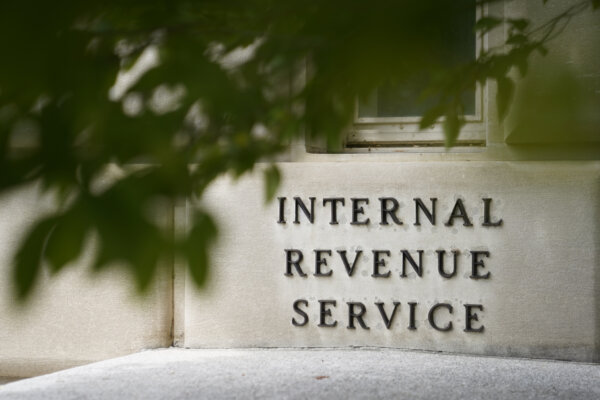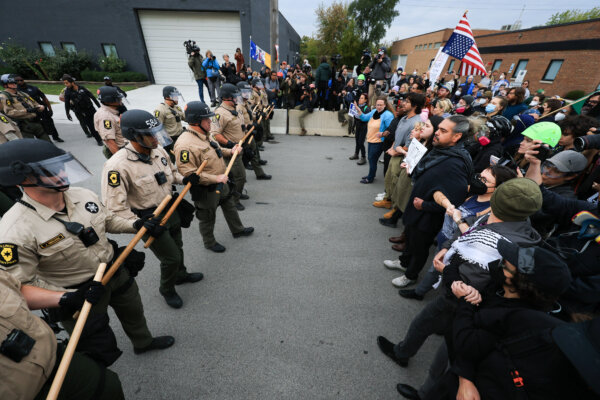![]() The IRS on July 7 outlined an exception to a decades-old rule, the Johnson Amendment, which had banned tax-exempt religious organizations from campaigning for political candidates.
The IRS on July 7 outlined an exception to a decades-old rule, the Johnson Amendment, which had banned tax-exempt religious organizations from campaigning for political candidates.
In a court filing regarding a lawsuit against the government by two Texas churches and the National Religious Broadcasters Association, the federal agency said the ban would not apply to faith organizations when they are campaigning to their own members.
When campaigning for his first presidential term, President Donald Trump told the “evangelical and religious community” he wanted to repeal the law that “threatens religious institutions with a loss of their tax-exempt status if they openly advocate their political views.”
“I am going to work very hard to repeal that language and to protect free speech for all Americans.
“They have much to contribute to our politics, yet our laws prevent you from speaking your minds from your own pulpits.”
The law was introduced by former president and then-Sen. Lyndon B. Johnson, who introduced it as an amendment to the tax code in 1954 when he faced campaigns by political opponents accusing him of being a communist.
According to the law, the tax-exempt groups “are absolutely prohibited from directly or indirectly participating in, or intervening in, any political campaign on behalf of (or in opposition to) any candidate for elective public office.”
This would encompass political contributions or public statements for or against candidates or parties. If found in violation, groups faced the loss of their tax-exempt status.
Scope of Exception
This exception was narrower than what the plaintiffs were seeking in their legal action.
According to the IRS, the exception does not change the status quo.
“The doctrine of constitutional avoidance counsels in favor of interpreting the Johnson Amendment so that it does not reach communications from a house of worship to its congregation in connection with religious services through its usual channels of communication on matters of faith.”











